Indigenous Governance Database
natural world
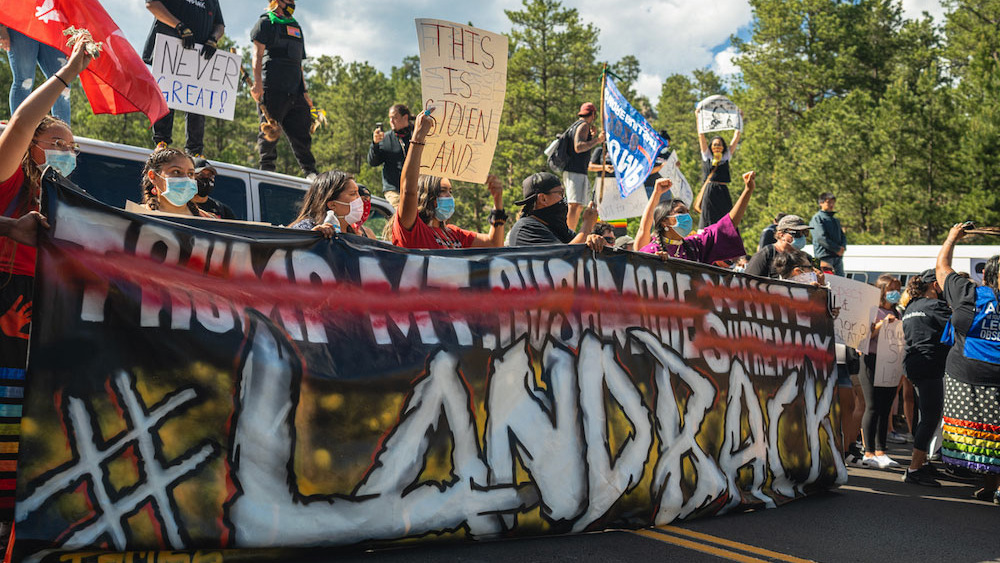
ʻAʻole Pau Ka ʻIke I Ka Hālau Hoʻokahi (Knowledge Is Not Restricted To One School Of Thought): Reflecting on the Significance of Indigenous Knowledge in Geography
Geography is a discipline that has traditionally been focused on the study of place and space, but understanding and interpreting its concepts has been shaped by a dominating Eurocentric influence. Indigenous knowledge (IK) and perspectives have historically been marginalized or excluded altogether…
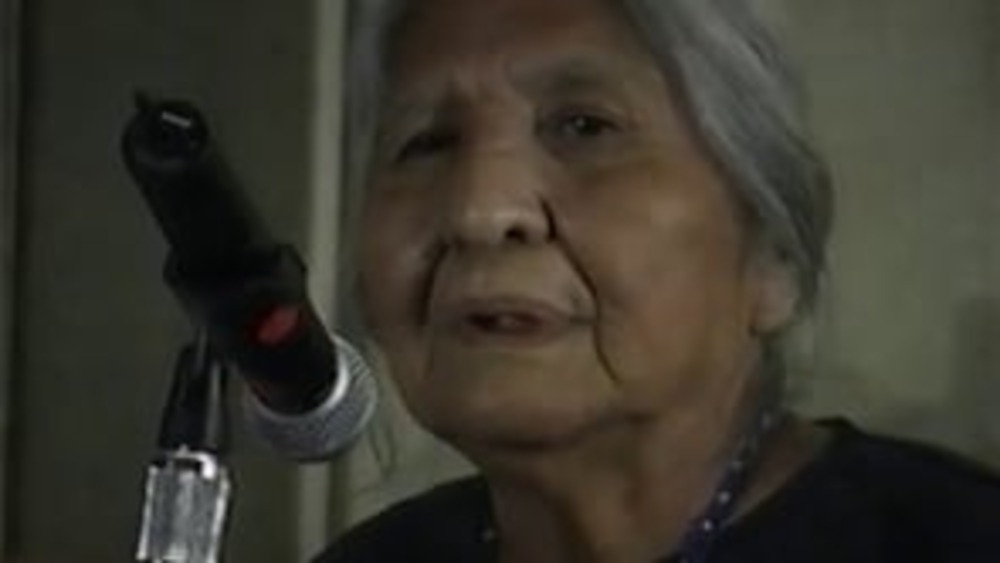
Honoring Nations: Jeanette Clark Cassa: San Carlos Apache Elders Cultural Advisory Council
Jeanette Cassa (1929-2004), Coordinator of the San Carlos Apache Elders Cultural Advisory Council (ECAC), discusses ECAC's work and the traditional Apache core values that its member elders work to instill in the younger generations of Apache people. She also stresses the importance of tribal…
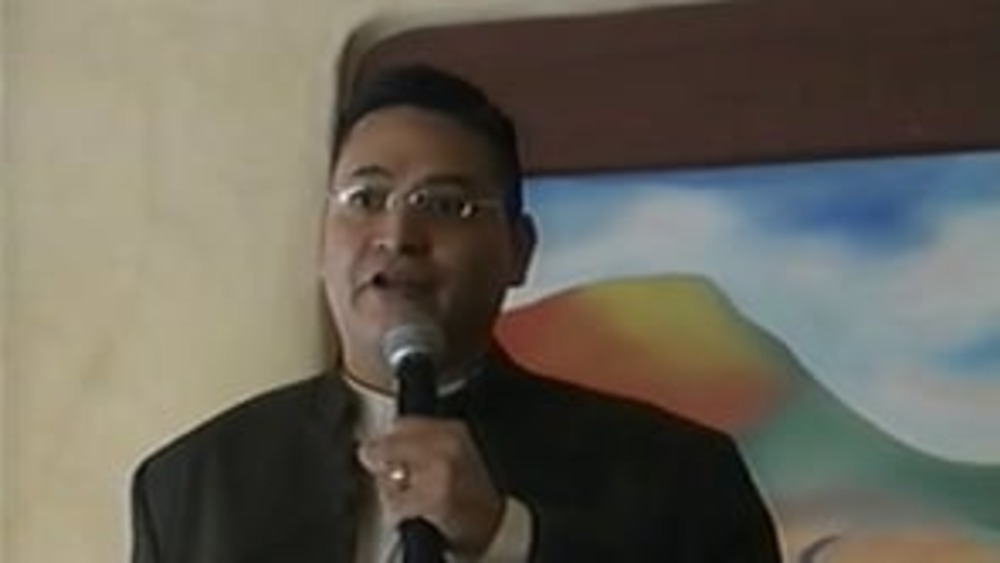
Honoring Nations: Aaron Miles: Idaho Gray Wolf Recovery Program
Aaron Miles, Natural Resource Manager for the Nez Perce Tribe, shares the progress of the Idaho Gray Wolf Recovery Program and talks about how the program hopefully will begin to seed a change in the mindset among those human beings who share the wolves' environment.
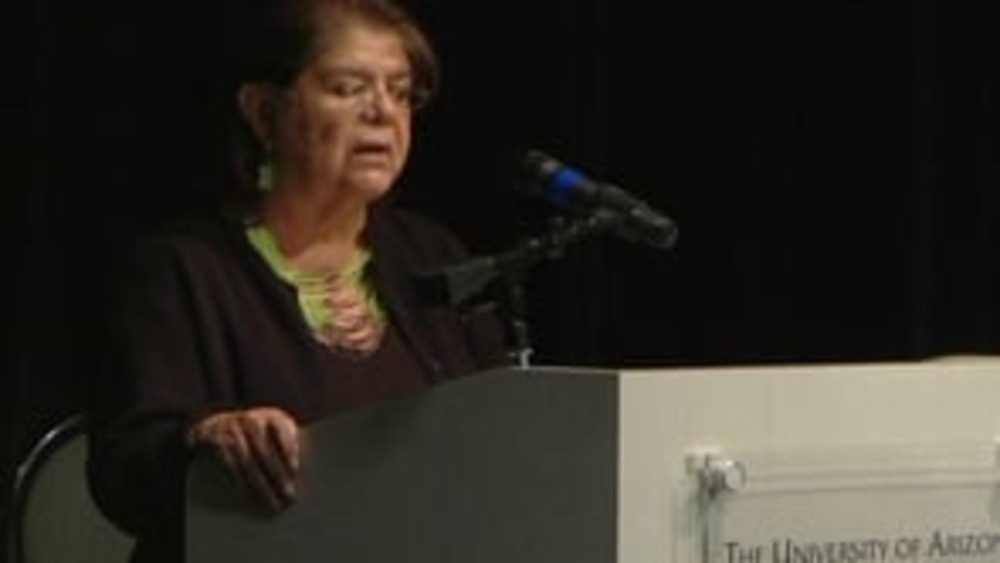
Wilma Mankiller: What it Means to be an Indigenous Person in the 21st Century: A Cherokee Woman's Perspective
Former Principal Chief of the Cherokee Nation Wilma Mankiller discusses the common misperceptions that people have about Indigenous people in the 21st century, and the efforts of Indigenous peoples to maintain their identity, cultures, values, and ways of life.
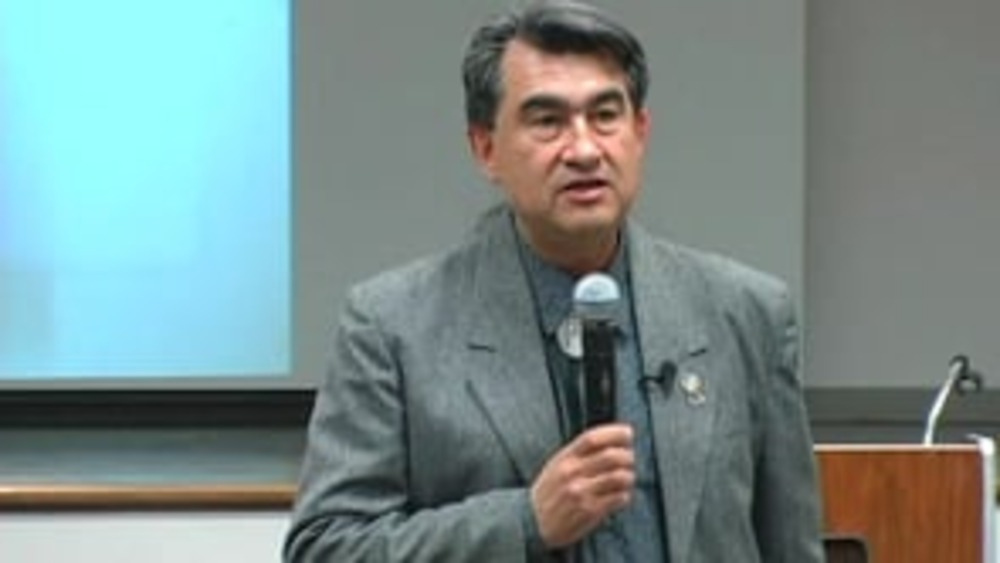
Greg Cajete: Indigenous Paradigm: Building Sustainable Communities
Greg Cajete, Director of Native American Studies at the University of Mexico, shares his more than three decades of work and research on Indigenous epistemologies for human and ecological sustainability, and discusses the need for scholars, academic institutions, and others to fully embrace these…
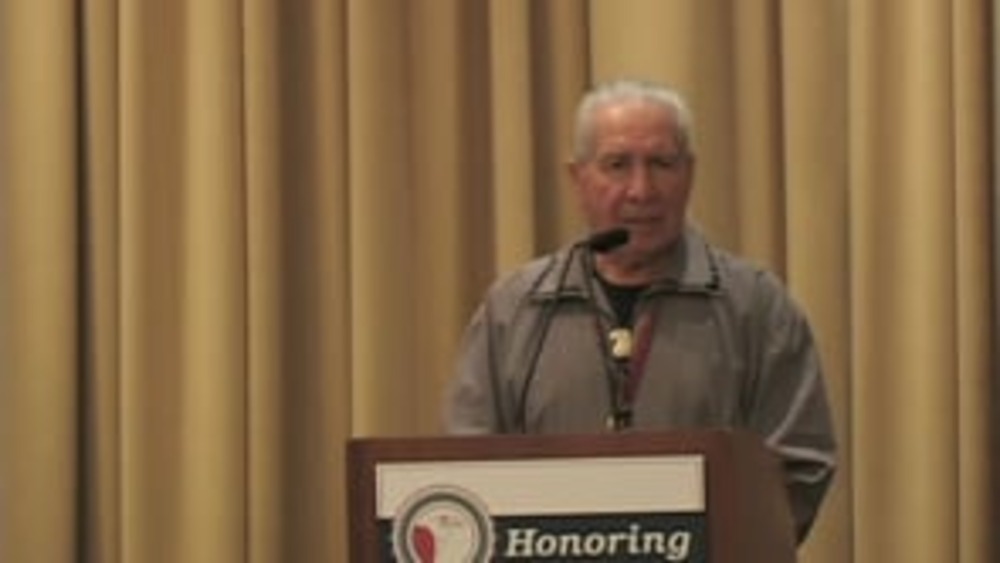
Honoring Nations: Oren Lyons: The Challenges Ahead
Onondaga Chief and Faithkeeper Oren Lyons briefly summarizes the critical, urgent challenges that global warming and resulting climate changes present to Indigenous people and all human beings, and stresses that the principles that traditionally nurtured the relationship between Indigenous peoples…
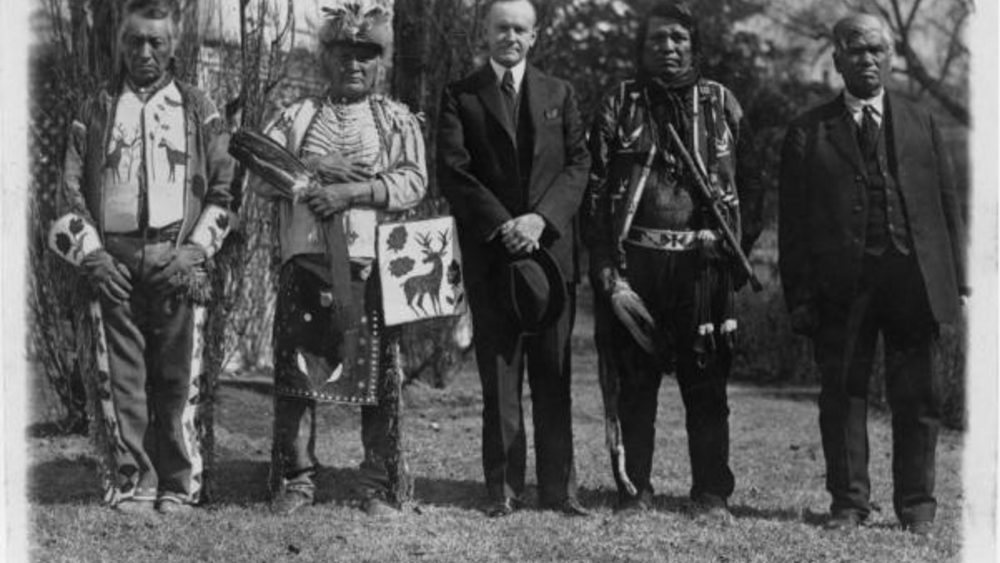
Indigenous and 21st Century Nationalisms
Indigenous Peoples live within the boundaries of nation-states but usually do not conform to the cultural, political, economic institutions and identities of their host states. Most contemporary democratic nation states are created by agreement through adoption of a constitution, which spells out…
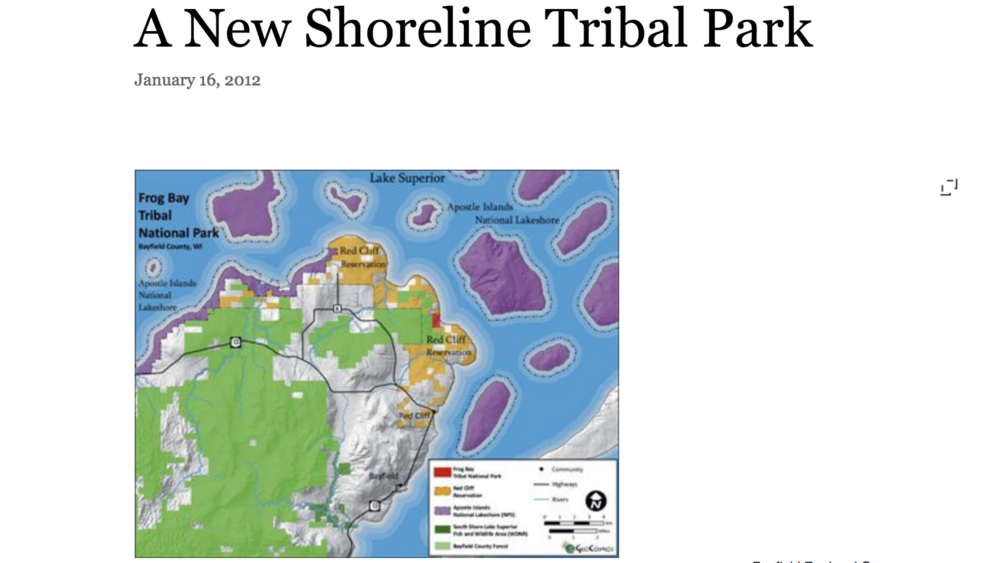
A New Shoreline Tribal Park
The 87 acres at Frog Bay in Wisconsin recently designated as a park offer views of five Apostle Islands, pristine sandy beaches at the top of Bayfield Peninsula and a rare opportunity for the public to visit tribally owned and protected lands. Frog Bay Tribal National Park was created when the Red…
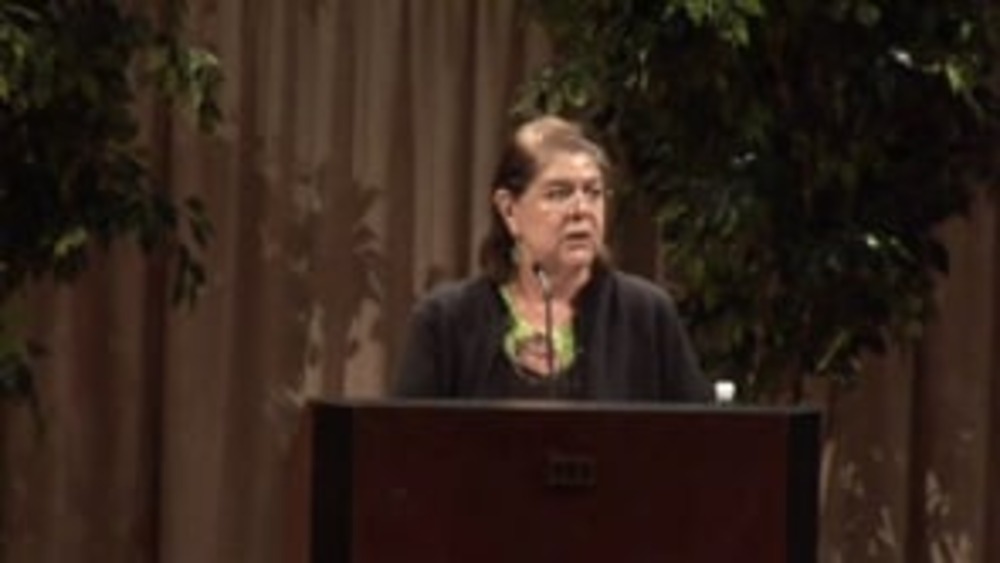
Wilma Mankiller: Challenges Facing 21st Century Indigenous People
Recorded on October 2, 2008 at the Heard Museum in Phoenix, Wilma Mankiller, former principal chief of the Cherokee Nation and internationally known Native rights activist talks about “Challenges Facing 21st Century Indigenous People.†Mankiller talks of the diversity and uniqueness of the over…
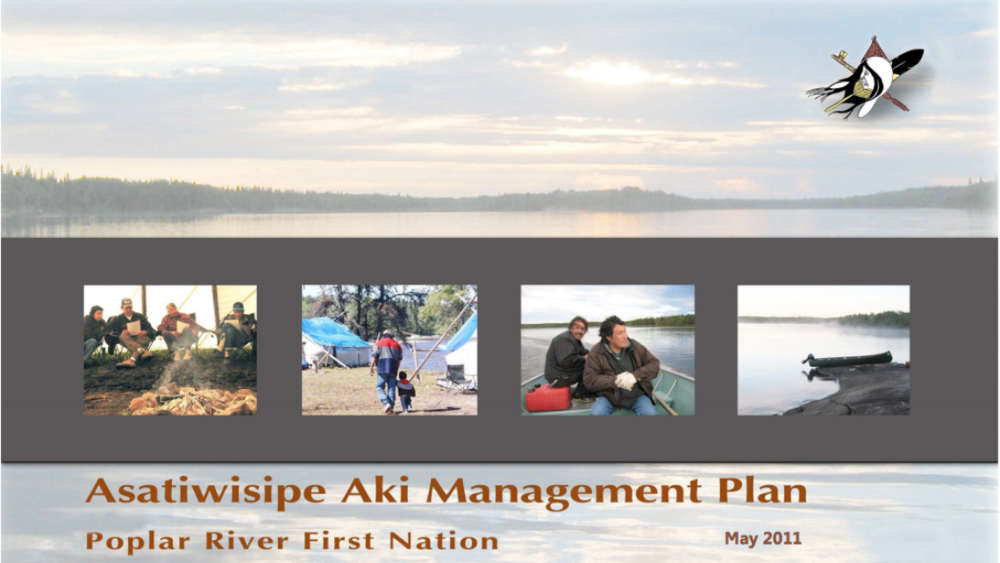
Asatiwisipe Aki Management Plan
The Asatiwisipe Aki Management Plan arises from several earlier initiatives by Poplar River First Nation. Poplar River has completed a variety of studies for the planning area, including traditional knowledge and community history interviews with Elders, traditional land use studies, archaeological…
